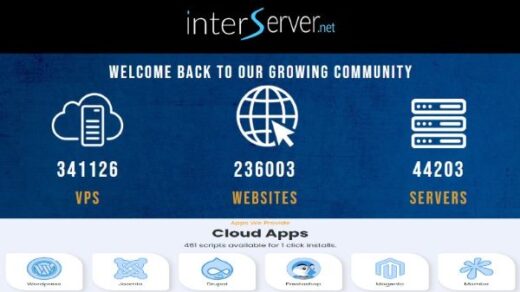

If you’re hunting for web hosting and stuck between HostGator and Bluehost, you’re not alone. These two giants dominate the beginner-friendly hosting scene — but which one actually gives you more for your money in 2026?
I dug into performance data, pricing, customer reviews, and support quality to help you make a smart decision — whether you’re building a blog, launching an online store, or migrating from an underperforming host.
Let’s break it down.
Performance, Pricing, and Support: The Real Differences
🚀 Speed and Uptime
Both HostGator and Bluehost offer shared hosting, which means your site shares resources with others. But not all shared hosting is created equal.
-
HostGator boasts an average uptime of 99.9%, and in most recent tests, it stayed consistent. Speeds are decent, especially for U.S.-based traffic.
-
Bluehost, while claiming 99.98% uptime, has had a few scattered reports of downtime and slower page loads, particularly during traffic spikes.
If raw speed is a big deal for you (especially on WordPress), HostGator may edge ahead, but neither will beat premium hosts like Kinsta or WP Engine.
💰 Pricing and Value
Here’s where it gets tricky — both hosts love flashy intro pricing that jumps up after your first term.
| Plan Type | HostGator (Starting) | Bluehost (Starting) |
|---|---|---|
| Shared Hosting | $2.75/mo | $2.95/mo |
| WordPress Hosting | $5.95/mo | $4.95/mo |
| Renewal Rates | ~$8.95+ | ~$9.99+ |
HostGator often runs deeper discounts and offers monthly billing, while Bluehost locks you into annual plans for the best rates.
That said, Bluehost bundles in a free domain for your first year, which might save you ~$10–15.
🛠️ Ease of Use
Both providers use a cPanel-based dashboard, but Bluehost adds a more polished user experience with custom tools and integrations — especially for WordPress users.
-
Bluehost is officially recommended by WordPress.org
-
HostGator has a more bare-bones feel but still gets the job done
Beginners might find Bluehost slightly easier out of the gate, but HostGator’s interface isn’t difficult either.
🧑💻 Customer Support
This is where HostGator usually gets the win.
-
HostGator has responsive live chat, phone, and a large knowledge base. Wait times are short and support feels personal.
-
Bluehost offers 24/7 support, but live chat can lag, and many users report a more “scripted” experience.
Need fast help? HostGator’s team tends to be more responsive overall.
🔄 Site Migration
-
HostGator offers one free site migration on many plans.
-
Bluehost used to charge for migrations, though they occasionally run promos that include it.
If you’re switching from another host (like GoDaddy, Namecheap, or a slow Bluehost setup), this matters.
Our Verdict: Who Should Choose HostGator vs Bluehost
Still torn? Here’s how to decide.
| If You Want… | Go With… |
|---|---|
| Best value for money | ✅ HostGator |
| Easiest setup for WordPress blogs | ✅ Bluehost |
| Faster support | ✅ HostGator |
| Free domain + polished dashboard | ✅ Bluehost |
| Lower renewal shock | ✅ HostGator |
🔍 Our Take:
HostGator gives you more flexibility and better customer support, especially if you’re the type who likes to chat with a real human when stuff breaks. It’s great for side hustlers, freelancers, and small business owners who want solid uptime without overpaying.
Bluehost is better suited for beginners who want a clean dashboard and don’t mind paying a little more for that extra polish. If you’re starting your first WordPress site and want to get up and running fast, it’s a decent choice.
👉 Final Thoughts + Pro Tip
If you’re serious about growing your site long-term — and performance really matters — you might eventually want to upgrade to a premium host like Kinsta or Cloudways.
But between Bluehost and HostGator? HostGator gives you more bang for your buck in 2025.
✅ Ready to Start?
👉 Check HostGator’s Deals Now
👉 See Bluehost’s Intro Plans Here







